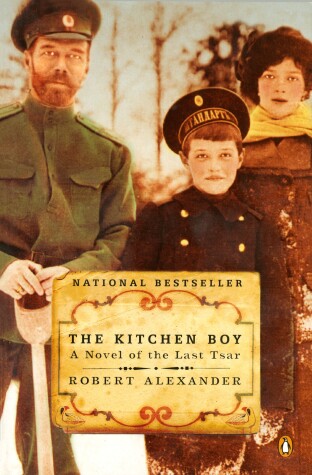Reviewed by Whitney @ First Impressions Reviews on
From the beginning I knew there was a secret even deeper repressed than just the fall of the Romanovs. His dear May had a vast collection of Fabergé eggs an item Alexandra Fyodorovna, Tsarina collected. The couple's only child, a son had hemophilia, a disorder that the Tstarevich Alexei Nikolaevich had. And what happened to the missing remains of Tsarevich Alexei and Grand Duchess Maria? It just didn't add up.
Well, I don't mean to gloat, but I was correct. Not all was there that met the eye. Although there was a twist that even I didn't see. I got so engrossed in the families living conditions and means to escape that I forgot about the elderly man in 1998 and my impatience for the story's ending raised each time he pressed the stop button on his recorder. Even though their demise was known from the beginning, it does not deter the reader from pursuing the conclusion. It was a bit like reading Anne Frank's Diary, you know that she is taken to the concentration camps and believes everyone is good at heart, but you still have to read what she has to say. Granted, this was a fictitious portrayal but had the same effect.
Like Anne Frank's Holocaust, I have always held a great fascination. with the Romanovs. Perhaps because of the political essences, but I think it is more about their fall from grace and security, their fairy tale of a life to end in the House of Special Purposes, ushered down 23 steps to meet assassins in the basement. But most of all I find their lives intriguing because after almost 100 years their deaths are just as mysterious as they were on July 17, 1918
Reading updates
- Started reading
- 9 June, 2011: Finished reading
- 9 June, 2011: Reviewed
